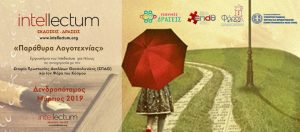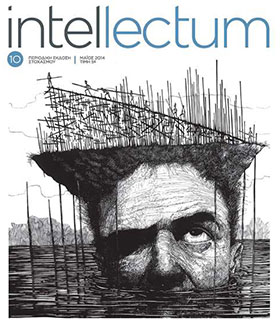Abstract: When Pandora was careless enough to open the Pandora’s Box in the well-known myth of Epimetheus, she perished all the goods but hope. Hope, the only good that was left to man, his source of power and consolation, has been praised by poets and philosophers at all times. However, during the course of time some thinkers surprised by interrelating paradoxically enough hope with fear and freedom. From Seneca’s phrase “you will stop to be afraid, if you stop to hope ” and “there is only one salvation for the defeated, to hope for no salvation” by Virgil till the words engraved on Kazantzakis’ tombstone “I hope for nothing, I fear nothing, I am free”, thinkers have attempted to present a distinct viewpoint.
Nevertheless, nowadays, another awkward relation has been established between hope, freedom and loneliness; consequently, only a few decades after Kazantzakis’ death, his words successfully depict modern people and their living drama. This is the case because there are so many people who no longer fear anything, hope for nothing and are free, but simultaneously this freedom means they are tragically alone too. For one of the most tragic cases of absence of hope and disappointment is the existential loneliness of modern people.
Undoubtedly, the hope of expectation is vital for our very own existence. It is vital as well for people who experience loneliness but hope they can escape from it. There are certainly those who for some reason know or better sense they will never abandon their loneliness.
Read full article: https://intellectum.org/articles/issues/intellectum1/en/ITL01p089096_Freedom%20and%20Loneliness_Diamantis%20Kryonidis.pdf

